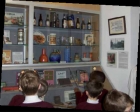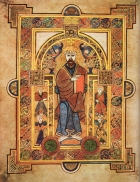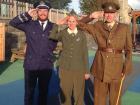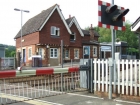Local history
Local history has become much more prominent in the most recent National Curriculum with a prominent place at each key stage. It has not always been well done even if children often enjoy it. Good local history involves careful planning ideally through an enquiry approach drawing on historical concepts and a range of sources. Local history provides great opportunities for practical work inside and outside the classroom. It is not something done in isolation but should link with other history so that children see the links between their direct world and the wider context.
Sort by:
Date (Newest first) | Title A-Z
Show:
All |
Articles |
Podcasts |
Multipage Articles
-

The view from the classroom
ArticleClick to view -

The world on the wall: exploring diversity on Hadrian's Wall
ArticleClick to view -

Urban spaces near you
ArticleClick to view -

Using original sources
ArticleClick to view -

Using the back cover image: Sandbach Crosses - an Anglo-Saxon market cross
ArticleClick to view -

What makes good local history?
ArticleClick to view -

What your local Archive Service can offer to schools
ArticleClick to view -

William Brookes and the Olympic Games
ArticleClick to view -

World War II: breathing life into a local history enquiry
ArticleClick to view -

Written sources and local history at Key Stage 1
ArticleClick to view -

‘No one else knows this’: Scottish primary schools using ICT to investigate local history
ArticleClick to view -

‘Not again!’ - an additional viewpoint on using railways
ArticleClick to view

